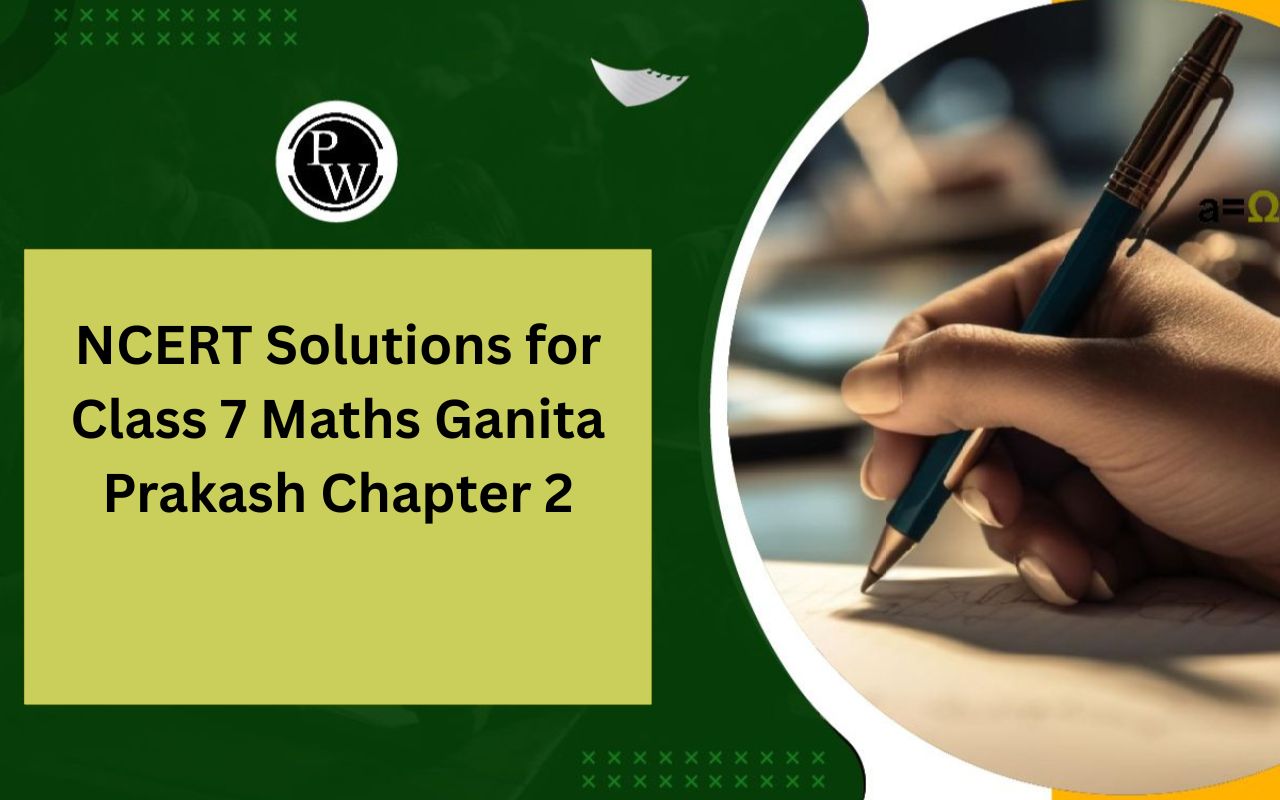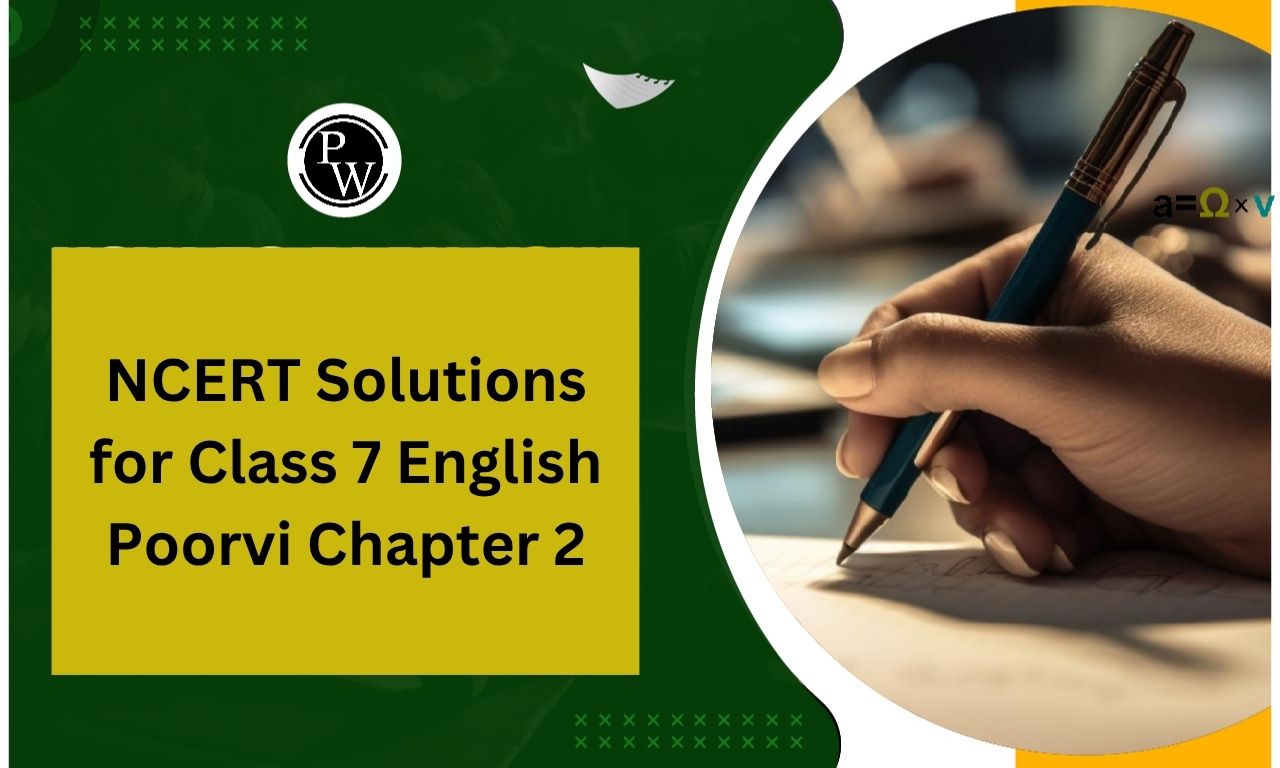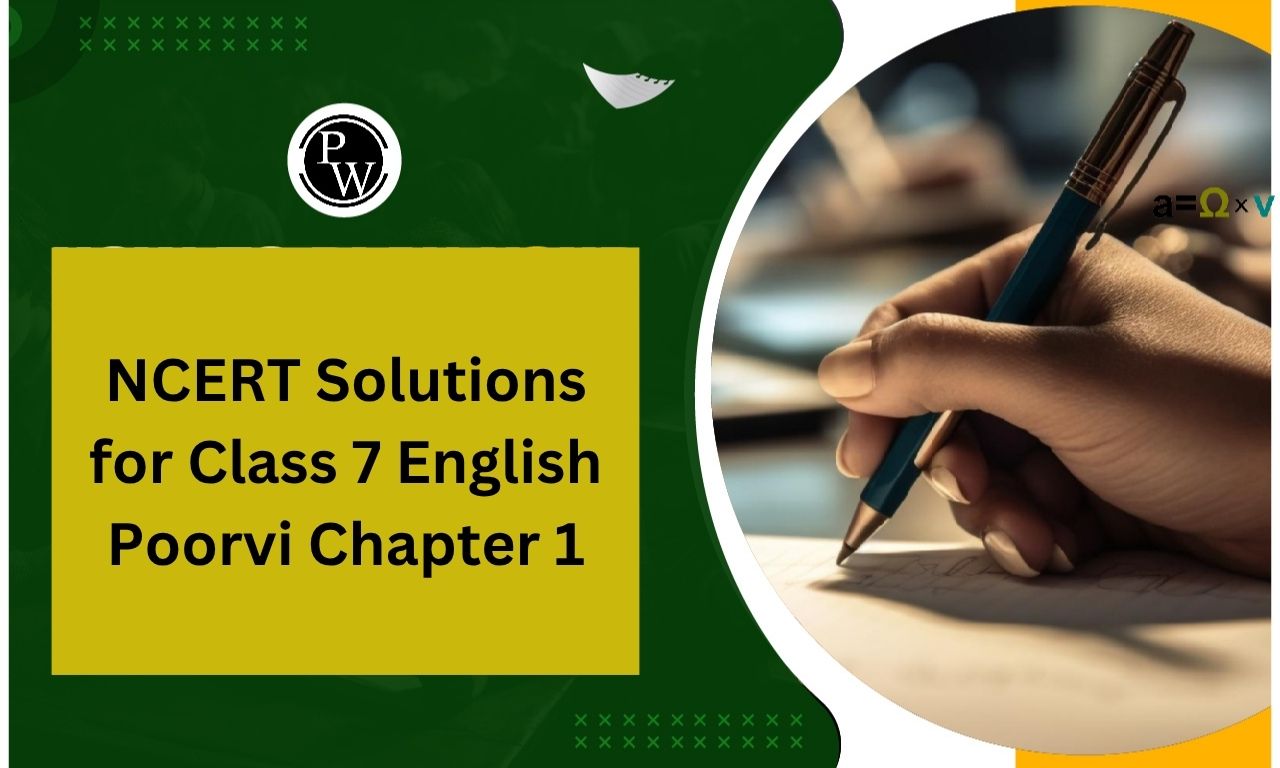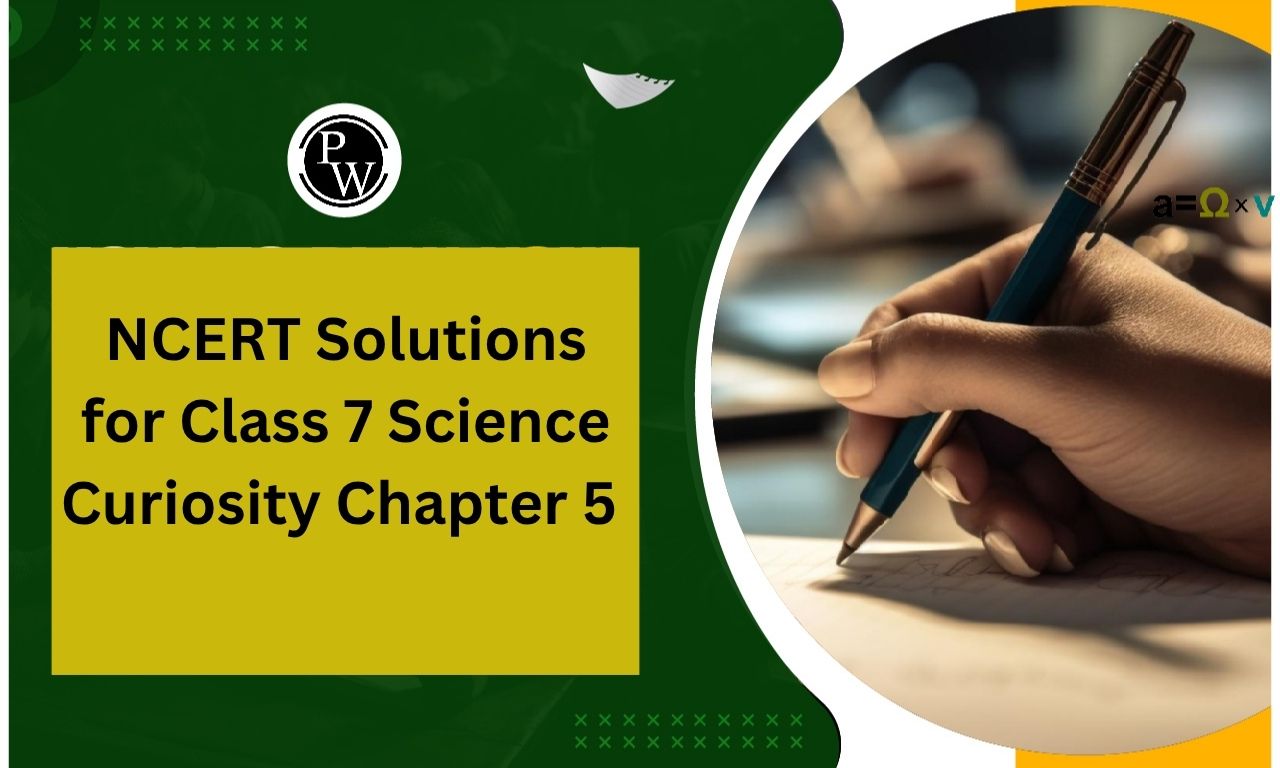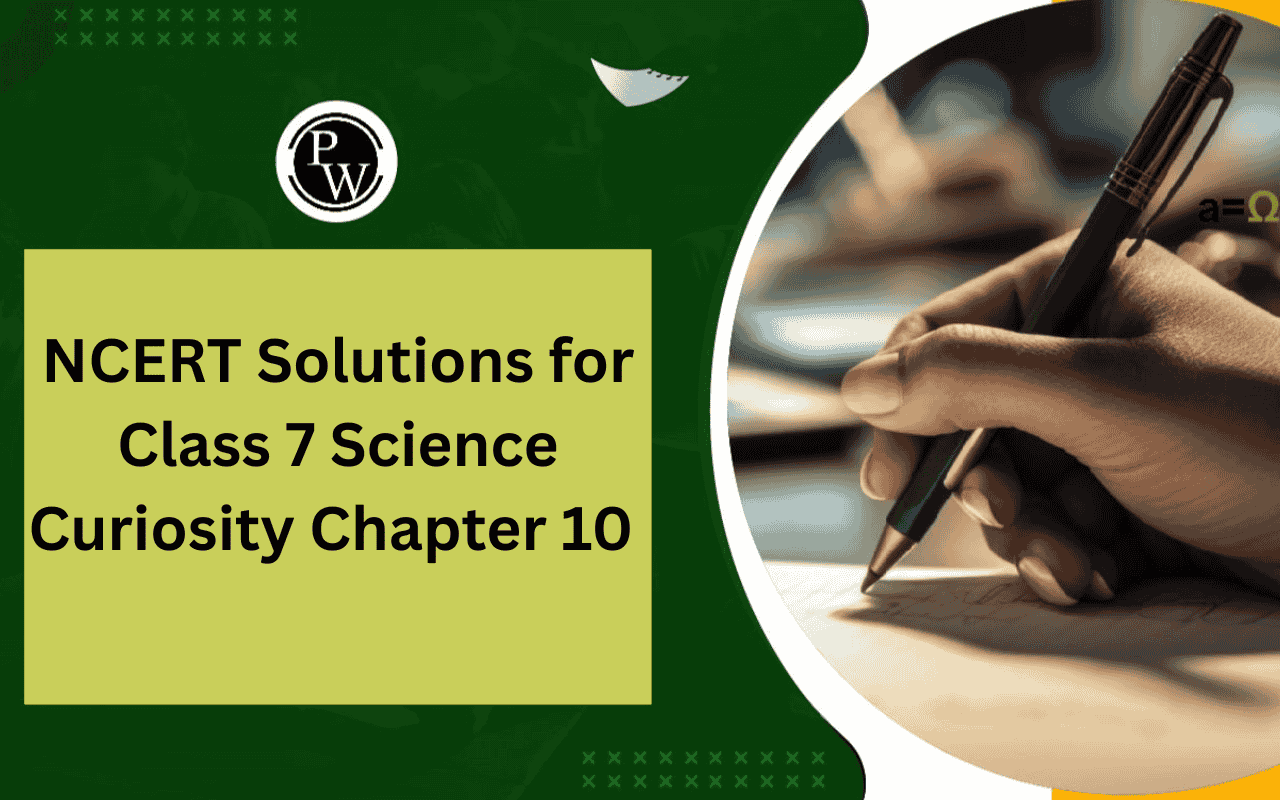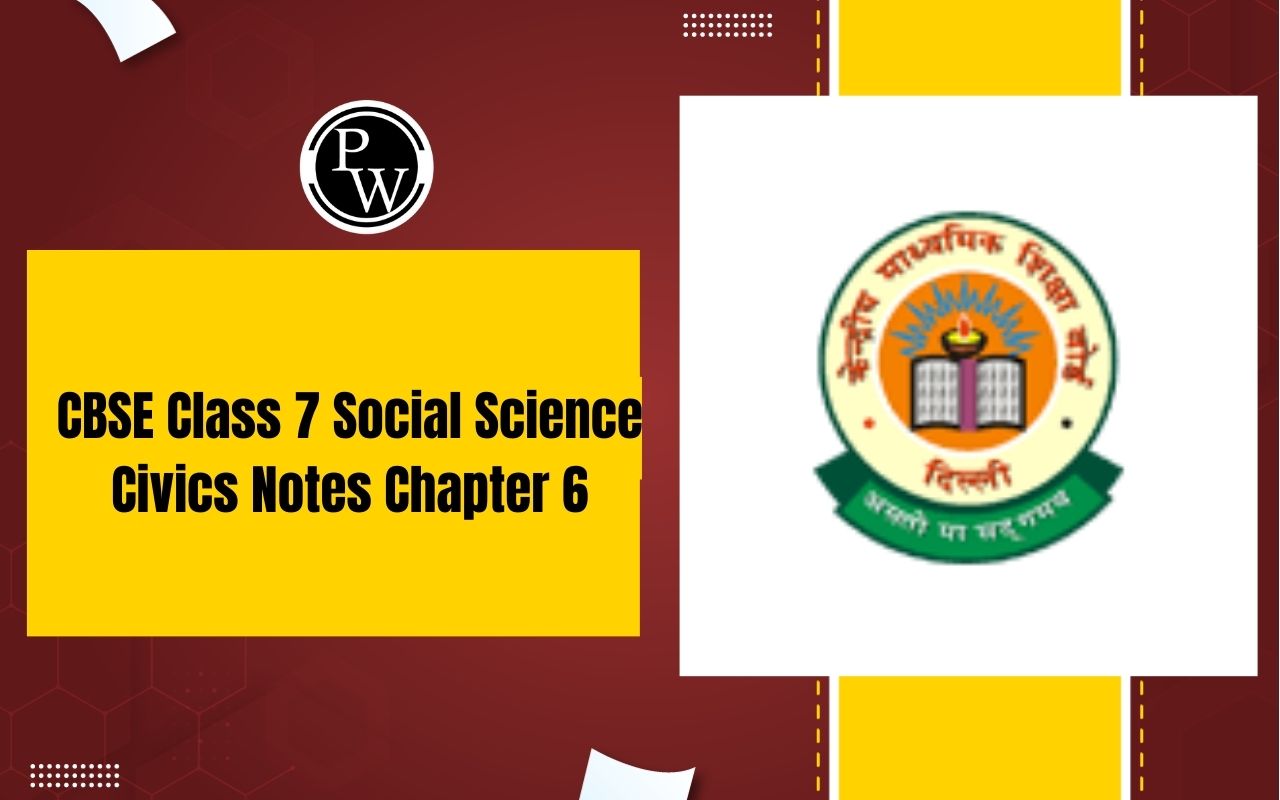
CBSE Class 7 Social Science Civics Notes Chapter 6: Chapter 6, "Understanding Media," explains the important role that media plays in our daily lives. Media, which includes newspapers, television, radio, and the internet, provides us with information about current events and helps shape our opinions and decisions.
The chapter emphasizes the importance of media in a democracy, highlighting the need for freedom of the press and responsible journalism. It also discusses how media organizations rely on advertisements for funding, which can sometimes influence the content they produce. By understanding media, students learn to critically evaluate the information they receive and recognize its significant impact on society.CBSE Class 7 Social Science Civics Notes Chapter 6 Understanding Media Overview
These notes are prepared by subject experts of Physics Wallah. Chapter 6, "Understanding Media," explains the role and importance of media in our lives. Media includes newspapers, TV, radio, and the internet. The chapter highlights the significance of media in a democracy, emphasizing the need for freedom of the press and responsible journalism. It also discusses how media organizations depend on advertisements for funding, which can affect the content they produce. Understanding media helps students critically analyze information and recognize its impact on society.CBSE Class 7 Social Science Civics Notes Chapter 6 PDF
For a detailed understanding of Chapter 6: "Understanding Media" from CBSE Class 7 Social Science Civics, please refer to the PDF linked below. It discusses how media organizations depend on advertisements for funding, which can affect their content. Understanding these aspects helps students critically evaluate the information they receive and its impact on society.CBSE Class 7 Social Science Civics Notes Chapter 6 PDF
CBSE Class 7 Social Science Civics Notes Chapter 6 Understanding Media
Here we have provided CBSE Class 7 Social Science Civics Notes Chapter 6 Understanding Media for the ease of students, so that they can prepare better for their exams.Media
Media and Money
Media and money are deeply interconnected, primarily due to the high costs associated with the technologies used by mass media. Television studios, for example, require expensive equipment such as lights, cameras, sound recorders, and transmission satellites. As technology evolves, media organizations must invest significant sums of money to stay updated with the latest advancements. Mass media operations necessitate substantial financial resources to function effectively. In today's landscape, many television channels and newspapers are owned by large business conglomerates. These media outlets are constantly exploring avenues to generate revenue. One common strategy is through advertising, where companies pay to promote their products and services. Advertisements for cars, chocolates, clothing, mobile phones, and various other products are frequently featured in mass media channels and publications. Advertising revenue serves as a crucial source of income for media organizations, enabling them to sustain their operations and remain financially viable in a competitive market.Media and Democracy
The media plays a crucial role in providing news and discussing events happening in the country and around the world, making it an essential part of a democratic society.Role of Media in a Democracy:
Informing Citizens:
- The media keeps citizens informed about the latest developments and events. This information helps people stay updated on government actions, policies, and social issues.
Analyzing Government Work:
- Through analysis and critique of government actions, the media helps citizens understand the effectiveness of government programs and policies. This scrutiny is vital for holding the government accountable.
Facilitating Public Action:
- When citizens are informed about issues through the media, they can take action in various ways:
- Writing Letters: Citizens can write to the concerned minister or government officials to express their opinions or demand action.
- Public Protests: Organizing or participating in protests to voice their concerns and demand change.
- Signature Campaigns: Starting or joining campaigns to gather support for a cause, which can influence government decisions.
- Rethinking Government Programs: Encouraging the government to review and revise its programs based on public feedback and media reports.
Impact of Media on Democracy:
- Transparency: By providing detailed and investigative reports, the media ensures that government activities are transparent and open to public scrutiny.
- Accountability: Media exposes corruption, inefficiency, and wrongdoings, compelling the government to take corrective actions.
- Public Opinion: Media shapes public opinion by highlighting important issues and providing a platform for debate and discussion.
- Empowerment: An informed citizenry is empowered to participate actively in democratic processes, making informed choices during elections and in civic life.
Balance Report
A balanced report is a type of journalism that presents all perspectives of a particular story, allowing readers to form their own opinions. This kind of reporting is crucial for fair and unbiased information dissemination. The key to writing a balanced report is the independence of the media.Independent Media
Independent media is characterized by freedom from external control and influence in its coverage of news. This independence ensures that the media can present news stories honestly and without bias. An independent media should not be directed or influenced by any entity, whether government or private, on what to include or exclude in a news story.Challenges to Media Independence
In reality, achieving truly independent media is challenging due to two main reasons:Government Influence and Censorship:
- Governments often exert significant control over media content. They can censor news items, scenes from movies, or lyrics of songs to prevent them from being shared with the public. This practice, known as censorship, restricts the media's ability to report freely and independently.
Commercial Interests and Sensationalism:
- Media organizations sometimes focus on particular aspects of a story that they believe will attract more viewers or readers. This focus is often driven by the desire to make the story more interesting and increase public support or engagement. Such practices can lead to biased reporting, as certain viewpoints or details might be emphasized over others to serve commercial interests.
Importance of Independent and Balanced Reporting
- Trust and Credibility: Independent media is important for maintaining public trust and credibility. When people know that the media is free from external influences, they are more likely to trust the information provided.
- Informed Public: Balanced reporting ensures that the public receives a comprehensive view of events and issues, enabling them to make informed decisions.
Setting agendas
The media plays a crucial role in deciding which stories to highlight, thereby determining what is considered newsworthy. By focusing on specific issues, the media influences public thoughts, feelings, and actions, bringing certain topics to the forefront of public attention. This power to influence public perception and priorities is often referred to as the media's ability to "set the agenda."Influence of Media on Public Agenda
Highlighting Issues: By consistently reporting on certain topics, the media can elevate their importance in the public eye. For instance, extensive coverage of environmental issues can lead to greater public awareness and demand for policy changes.
Shaping Perceptions: The way media presents information can shape how the public perceives various issues. Positive or negative framing of news stories can influence public opinion and attitudes towards those issues.
Guiding Public Discourse: Media coverage can steer public conversation and debate. When the media focuses on particular stories, it often prompts discussions among the public and policymakers, potentially leading to action or reform.
Benefits of CBSE Class 7 Social Science Civics Notes Chapter 6 Understanding Media
Clear and Concise: Simplified content helps students grasp complex concepts quickly, making it easier to remember and recall during exams.
Efficient Revision: Organized and structured notes save time during revision, allowing students to cover the entire chapter quickly and efficiently.
Improved Retention: Highlighted important facts, definitions, and concepts aid in better retention and understanding, which is crucial for answering exam questions accurately.
Focus on Key Topics: Emphasizes the main topics likely to be tested, helping students prioritize their study time effectively and ensuring they are well-prepared for the types of questions that may appear in the exam.
Improved Answer Writing: By studying well-organized notes, students can learn how to structure their answers better, which is crucial for scoring higher marks in exams.




